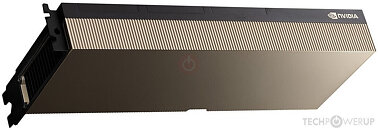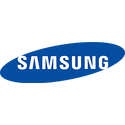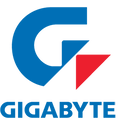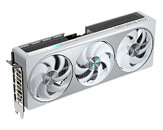Robust AI Demand Drives 6% QoQ Growth in Revenue for Top 10 Global IC Design Companies in 1Q25
TrendForce's latest investigations reveal that 1Q25 revenue for the global IC design industry reached US$77.4 billion, marking a 6% QoQ increase and setting a new record high. This growth was fueled by early stocking ahead of new U.S. tariffs on electronics and the ongoing construction of AI data centers around the world, which sustained strong chip demand despite the traditional off-season.
NVIDIA remained the top-ranking IC design company, with Q1 revenue surging to $42.3 billion—up 12% QoQ and 72% YoY—thanks to increasing shipments of its new Blackwell platform. Although its H20 chip is constrained by updated U.S. export controls and is expected to incur losses in Q2, the higher-margin Blackwell is poised to replace the Hopper platform gradually, cushioning the financial impact.
NVIDIA remained the top-ranking IC design company, with Q1 revenue surging to $42.3 billion—up 12% QoQ and 72% YoY—thanks to increasing shipments of its new Blackwell platform. Although its H20 chip is constrained by updated U.S. export controls and is expected to incur losses in Q2, the higher-margin Blackwell is poised to replace the Hopper platform gradually, cushioning the financial impact.












































